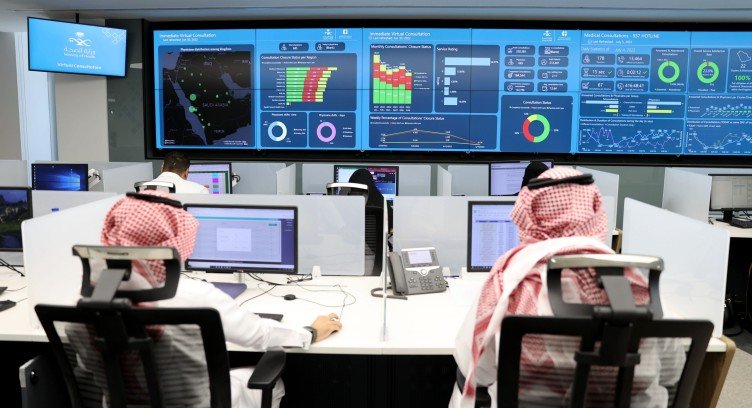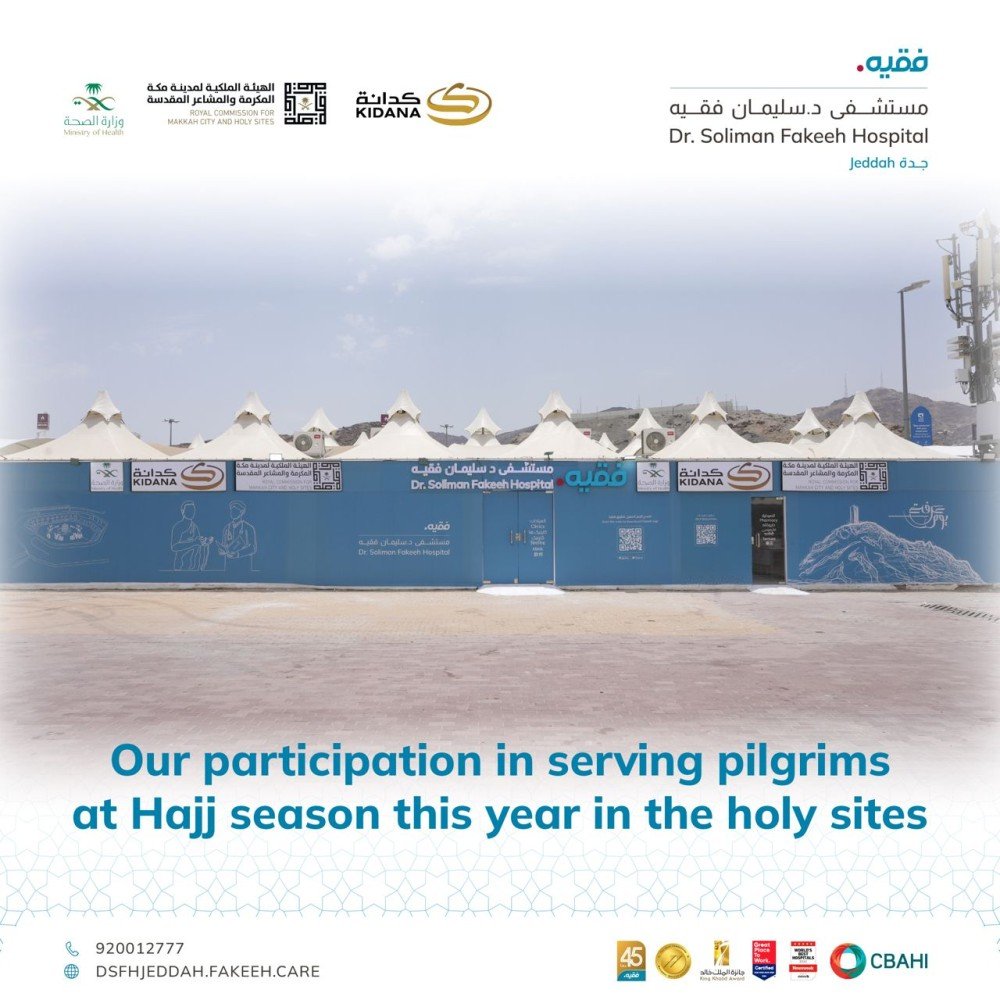The Silent Heroes of Hajj: Orchestrating Healthcare for 1.8 Million Hajj Pilgrims
The Hajj, or yearly Islamic pilgrimage, is not only a spiritual event of tremendous importance, but also a logistical and healthcare marvel. This year, 2023 (1444 AH), the General Authority for Statistics (GASTAT) reports a population of 1,845,045 pilgrims, highlighting the huge challenges of managing public health and offering comprehensive healthcare for such a large audience.
Saudi Arabia's Ministry of Health, led by Minister Fahad Al-Jalajel, announced the successful execution of health measures that ensured a safe and pleasant Hajj experience for all pilgrims, with no epidemics or public health hazards.
Over 354 health care facilities were prepared as part of the Tremendous effort, with assistance from over 36,000 health professionals from various health sectors and over 7,600 volunteers. During the Hajj, these facilities and staff served almost 400,000 pilgrims who needed various health care services.
The services given were both extensive and crucial. Some pilgrims required sophisticated medical interventions, including as open-heart surgery for 50, cardiac catheterization for 800, and dialysis for almost 1,600. Furthermore, considering the desert conditions, the frequent difficulty of heat stress was managed expertly, with 8,000 pilgrims receiving appropriate care.
The engagement with private healthcare operators was also a unique step in this year's operations. Ministry of Health encouraged private healthcare organizations to run field clinics during the Hajj. Dr.Soliman Fakeeh Hospital Jeddah was honored to be a part of this endeavor.
Thousands of pilgrims were served by our field hospital, assuring their health and well-being throughout their spiritual journey. This experience has demonstrated the strength of public-private collaborations, allowing us to expand our hospital's dedication to quality treatment outside its walls and into the field.
In addition to traditional healthcare services, there was a clear embrace of digital health solutions. Seha Virtual Hospital offered virtual health consultations to 4,000 pilgrims, proving the power of digital health in ensuring the well-being of a distant community.
The management of public health during the Hajj is an excellent example of multi-agency teamwork, proactive planning, and resource management. It demonstrates how private and public healthcare groups can collaborate to maintain public health during major events. It also highlights the possibilities of incorporating technology into healthcare delivery.
This large-scale, effective operation provides unique insights into public health management that extend far beyond the Hajj and Saudi Arabia, offering lessons and inspiration for health operations around the world.


